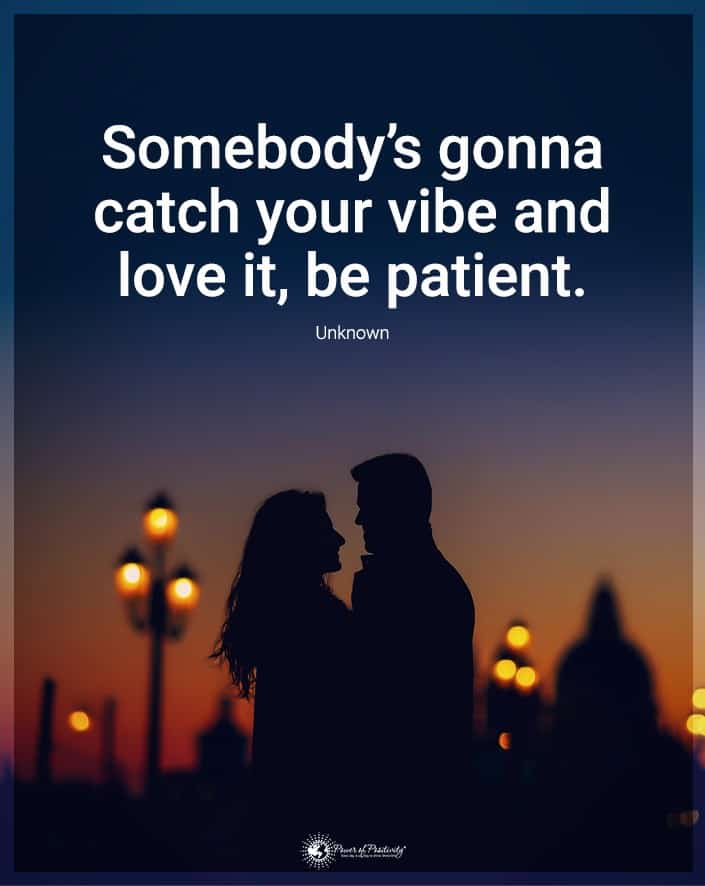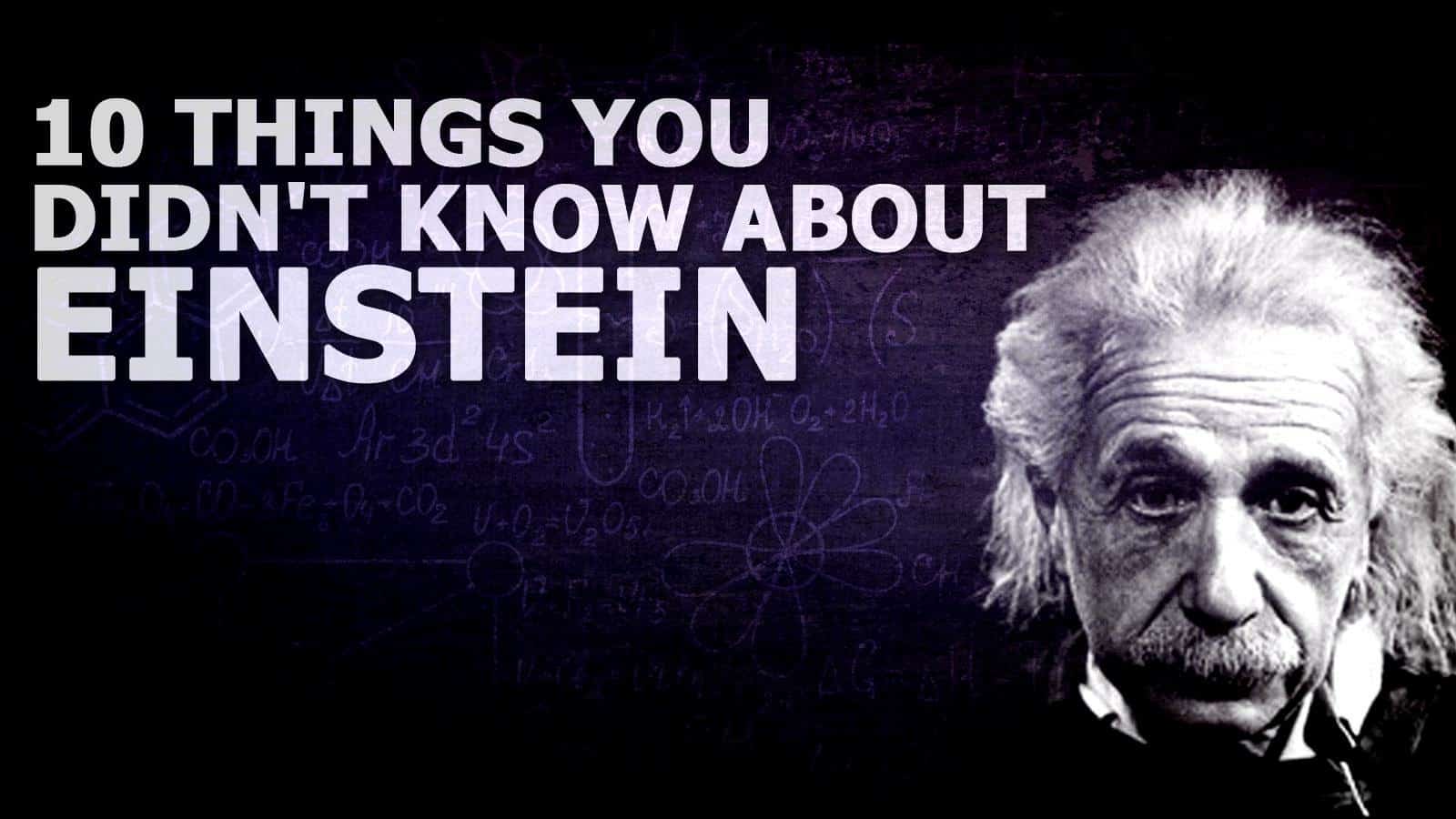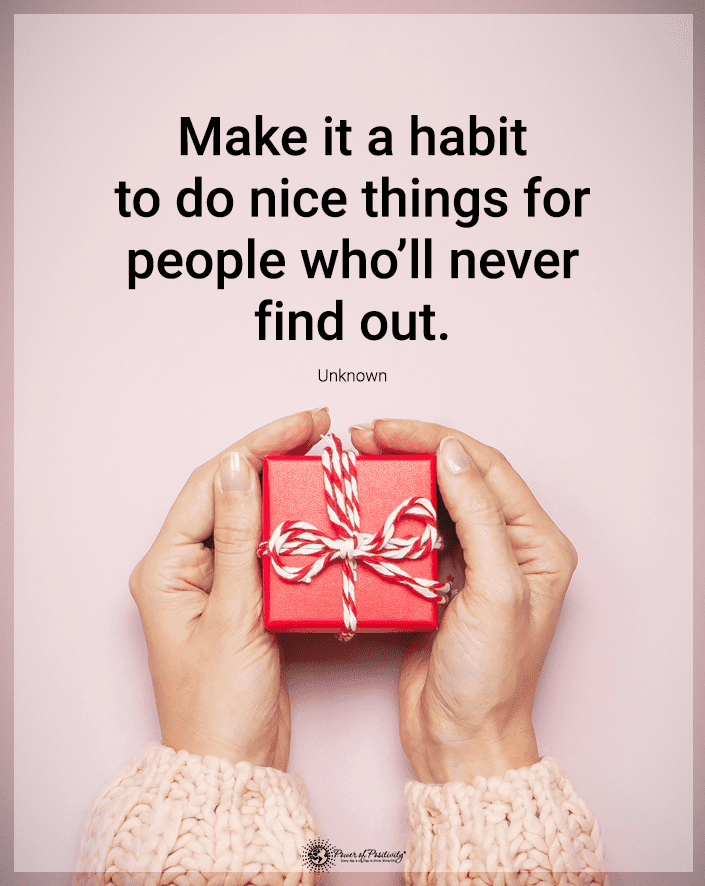Getting married is such a big decision, and your partner should have excellent and compatible answers to these fifteen questions before either of you says ‘I do.’ Knowing the whole truth about your partner’s medical, family, legal, and financial history is crucial, as well as how you two will handle future scenarios and avoid becoming a divorce statistic.
The current divorce rate in the United States is between 40-50%, but that rate has been declining since 1996. Communication, cooperation, and commitment are all essential for making a marriage work, but knowing yourselves is crucial also.
Here are fifteen conversational questions to ask your partner that might make a difference before you two get married. Don’t avoid these questions or you might wish you had asked them before it was too late.
Don’t Get Married Unless You’ve Asked Your Partner These 15 Questions
1. How will we handle a future major move that affects both of us?
It could be a fantastic job offer that makes your partner want to move to Cleveland, but your partner may be going alone if you aren’t on board. Figure out ahead of time what your comfort level is with this type of major change. If your partner would move for you, you must be willing to move for them.
2. Do we feel compatible about our spiritual beliefs and the beliefs of our family?
No one wants to rock the boat regarding long-held family spiritual beliefs. If your partner expects that you will have a religious wedding ceremony and will be raising your children in their faith, make sure you feel comfortable with that as well.
3. How will we handle a major medical crisis for ourselves or family members?
Do we plan to take care of family members in our homes as they age or do we need a financial plan to keep them in assisted living?
4. Do we have any genetic illnesses that could be passed on to children?
Sickle cell disease, hemophilia, cancer, and other genetic illnesses run in families. Know your level of risk and the risk to your future children for illnesses from either side of the family. How would you care for a child that was born with a severe disability?
5. How do we balance holiday and special occasion time with both families and also make sure to have special time for us?
Holidays can be very stressful, and no matter what you celebrate, your parents and your partner’s parents both want your time. But what about you two, and your own new family? Deciding how to split your time so everyone’s needs are met can be challenging.
6. What are we both working on changing about ourselves to be better people?
What don’t you like about yourself and want to improve on?
7. Where do we see ourselves in 5, 10, 15, or 50 years? Would our plans be any different if we weren’t marrying?
You don’t want to find out later that your partner has always wanted to join the circus but passed on a chance to live their dream to be with you. This sort of unfulfilled fantasy can create tension in a marriage.
8. Do we feel confident that we can make each other laugh?
Joy helps ease many daily tensions. Make sure you can laugh, even during a crisis.
9. What are our current frustrations with each other, and can we fix them? Why have these not been communicated before now?
Why wait for an argument? Ask our partner what they dislike about your behavior now and find a way to help make them feel like you are respecting their preferences. Make sure that you are willing to give, receive, and apply feedback from each other.
10. How do we plan to commit to making our passion last?
Losing the spark would be awful. What can you commit to ensuring that sex is a priority in your marriage even 40 years from now? Read our guide about the key things that kill the flame in relationships for more insight on what not to do.
11. Would you be open to talking to a marriage counselor if we had a problem that we could not resolve?
In a study of couples who were currently seeking counseling, wives were more likely to seek out counseling while husbands were more reluctant to get help. Willingness to seek help when you have irreconcilable differences is essential.
12. Do you think that problems in the relationship are due more to things inside or outside the relationship?
This question reveals if your partner thinks that they have things within their own power that they can do to improve things. Having an ‘internal locus of control’ is a key trait for problem solvers and positive thinkers. The opposite is an external locus of control, which is the sense that life happens to you, not something you are an active player in.
A study of romantic commitment and locus of control showed that women who internalized their sense of control had deeper and more committed romantic relationships than people who see life as a series of outside events happening to them. People who internalize control believe that they, themselves, have the power to act to fix a problem rather than blame another person.
13. How did you change your behavior based on past failed relationships?
Most of us have had failed relationships before we married. Find out what your partner learned from that experience and how they changed their behavior as a result.
14. What are your financial obligations and goals?
Are you starting out in debt like many couples do or are you ready to invest for your future? What steps do you need to take to make sure that financial emergencies are covered?
15. Do we feel able to completely trust in each other’s commitment to marriage?
Trust is the secret to a secure, loving, and profoundly committed marriage. Trust is earned based on words and actions. Ask yourselves this question and then ask your partner if they have any reservations about trust.
You can read more about what might prevent you from marrying in our article here.








